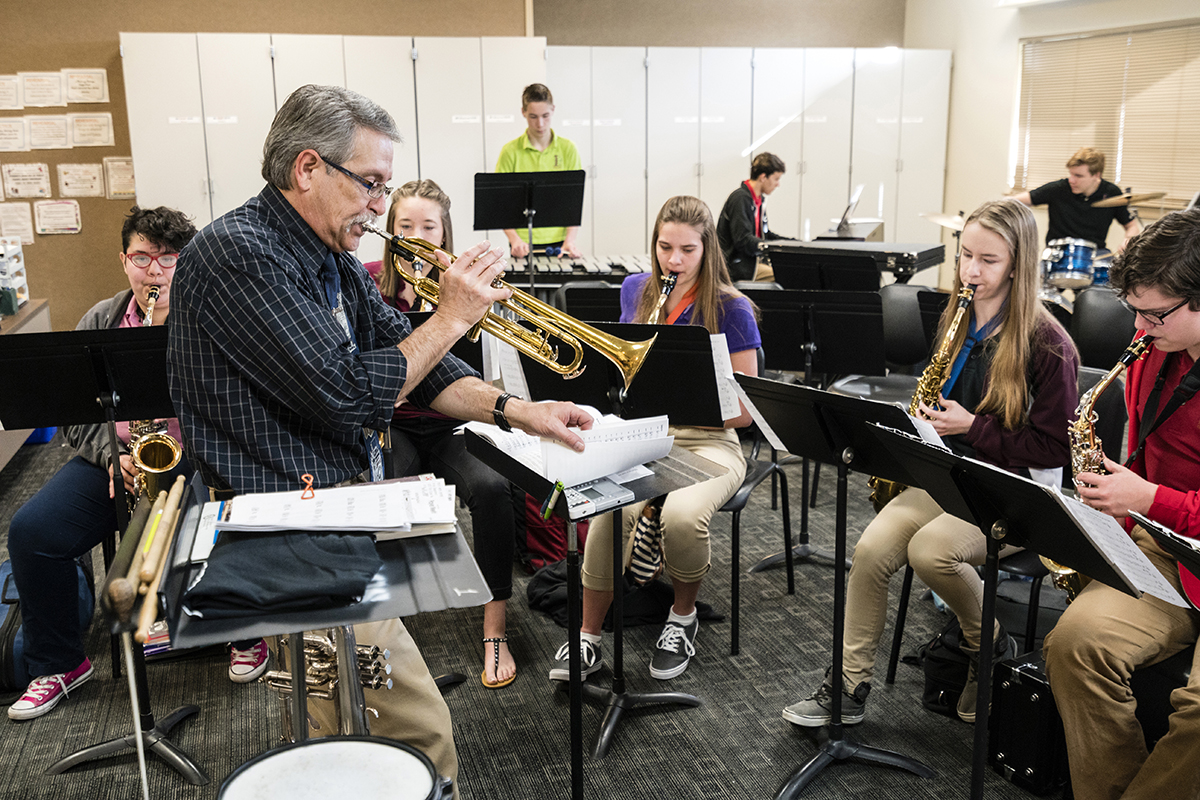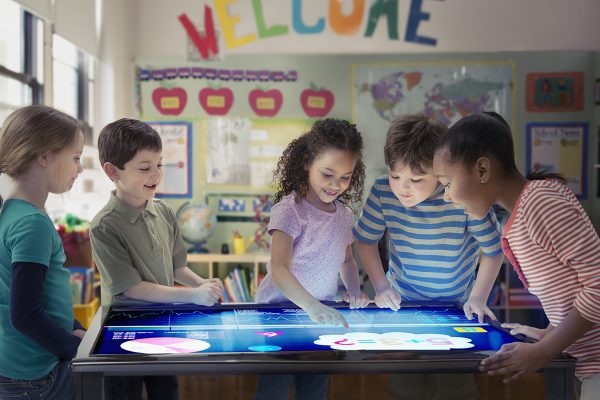Education is constantly evolving, and advances in neuroscience allow us to explore innovative tools to improve teaching and learning processes. At the recent III Journal Club of Neuroeducation, experts analyzed how artificial intelligence (AI) and music can stimulate emotions and enhance learning, setting a guideline towards a more holistic and effective educational approach.
Artificial intelligence: personalization and ethical challenges
During the event, Dr. Marcela Carta presented a detailed analysis on the use of AI in education based on the article by Tramallino and Zeni (2024). This study highlights how AI is transforming education by personalizing learning. Advanced technological tools can analyze large amounts of data on student performance, allowing teachers to adjust content and activities according to the individual needs of each learner. This personalization capability fosters more tailored and effective academic progress.
In addition, the advantages of real-time feedback offered by AI systems were highlighted. Educators can monitor their students’ progress continuously and adjust pedagogical strategies based on concrete data. However, these benefits come with significant challenges. Privacy of student data is a major concern, as the massive collection of information poses significant ethical risks. The risk of dehumanization in the educational process was also discussed, reminding that AI should be a complement and not a substitute for human interaction in the classroom.
Music and emotions: a tool for learning
On the other hand, Dr. Rosalba Gautreaux presented the findings of an innovative project presented by Valero-Esteban et al. (2024), which integrates music as a resource to stimulate emotions and learning in secondary education students. The research shows that musical activities not only improve academic performance, but also increase students’ motivation and self-esteem.
Music acts as an emotional catalyst that facilitates memory consolidation and information retention. This multisensory approach creates a more inclusive and positive learning environment, especially for those students who face emotional or social challenges. The discussion surrounding this article highlighted the impact of music on students’ attention, behavior, and emotional well-being, underscoring its transformative potential in the educational setting.

Final reflections: towards a balanced education
The III Journal Club on Neuroeducation evidenced the importance of balancing emerging technologies, such as AI, with humanistic approaches that prioritize student interaction and emotional well-being. While AI offers extraordinary possibilities for personalizing learning, and music enhances cognitive and emotional abilities, the role of the teacher remains essential as a guide and support in the educational process.
Continue your professional training
These advances highlight the need to train education professionals in the ethical and effective use of innovative tools. In our Master of Education with Specialization in ICT in Education, we provide future educators with the knowledge necessary to integrate these trends into their practices, ensuring transformative learning adapted to the demands of the 21st century. Find out how our specializations can help you lead change in education!
Source:
III Journal Club 2024: Artificial Intelligence and Music as stimulators of emotions during learning.

